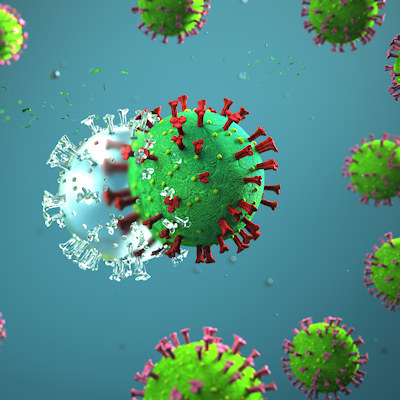 Taking metformin during SARS-CoV-2 infection cuts risk of long COVID in clinical trial
Taking metformin during SARS-CoV-2 infection cuts risk of long COVID in clinical trial
People who took the diabetes drug metformin after being infected with SARS-CoV-2 were less likely to develop long COVID in a randomized clinical trial. Read More
 Blood sugar maintenance mechanism revealed in DNA study
Blood sugar maintenance mechanism revealed in DNA study
A large, worldwide DNA study has shed light on how healthy blood sugar levels are maintained after eating—and how that process may go wrong. The findings, published Thursday in Nature Genetics, may inform treatment for type 2 diabetes, which affects over 460 million people worldwide. Read More
 Burning Rock Biotech highlights breast cancer study using its genomic profiling test
Burning Rock Biotech highlights breast cancer study using its genomic profiling test
Precision oncology firm Burning Rock Biotech on Thursday announced that its genomic profiling test, OncoScreen Plus, was used in a phase III multiregional breast cancer clinical trial, alongside Foundation Medicine's FoundationOneCDx. Read More
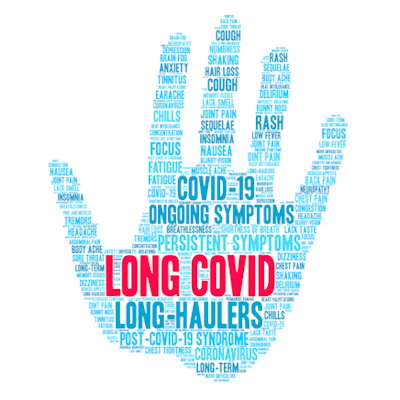 Quantification of long COVID fatigue shows impact is worse than some cancers
Quantification of long COVID fatigue shows impact is worse than some cancers
Fatigue is the most impactful symptom in the lives of people suffering from long COVID, with patients reporting worse scores than individuals with some cancers. Read More
 Heart failure reversed in unprecedented case
Heart failure reversed in unprecedented case
Three people with heart failure caused by the build-up of sticky, toxic proteins are now symptom-free after their condition spontaneously reversed -- an unprecedented medical event. Read More
 FDA updates recommendations to modernize design, conduct of clinical trials
FDA updates recommendations to modernize design, conduct of clinical trials
The U.S. Food and Drug Administration (FDA) on Tuesday released a draft guidance document with updated recommendations for good clinical practices aimed at modernizing the design and conduct of clinical trials. Read More
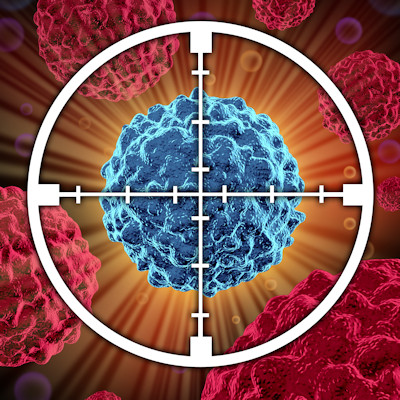 Targeted erdafitinib therapy clinical trials achieve benefits across multiple cancer types
Targeted erdafitinib therapy clinical trials achieve benefits across multiple cancer types
Three clinical trials demonstrated positive results from targeted erdafitinib therapy for patients with multiple tumor types harboring FGFR alterations. Read More
 BioCentriq, Kytopen expand partnership on cell therapy manufacturing technology
BioCentriq, Kytopen expand partnership on cell therapy manufacturing technology
BioCentriq, a contract development and manufacturing organization specializing in cell therapy, and Kytopen, a Massachusetts Institute of Technology-based startup, on Tuesday announced that they are expanding their partnership. Read More
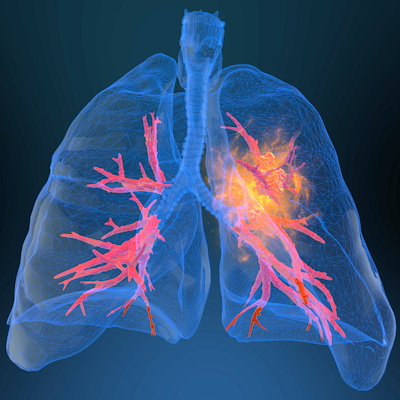 Advanced lung cancer treatment can stop after two years: Study
Advanced lung cancer treatment can stop after two years: Study
A large, retrospective cohort study found that indefinite immunotherapy did not improve survival in patients with advanced lung cancer. Read More
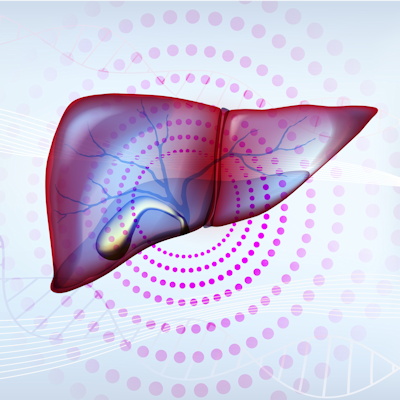 Antibody treatment may shrink bile duct tumors
Antibody treatment may shrink bile duct tumors
An antibody treatment in a study helped shrink tumors in some patients with bile duct cancer. The research, published Friday in the Lancet Oncology and presented at the American Society of Clinical Oncology’s 2023 annual meeting, focused on patients whose tumors produce a high amount of the HER2 protein, causing cells to multiply too quickly. Read More
Conferences
Science Briefs
Member Rewards
Earn points for contributing to market research. Redeem your points for merchandise, travel, or even to help your favorite charity.
Research Topics
Interact with an engaged, global community of your peers who come together to discuss their work and opportunities.
Connect
Tweets by @ScienceBoard






